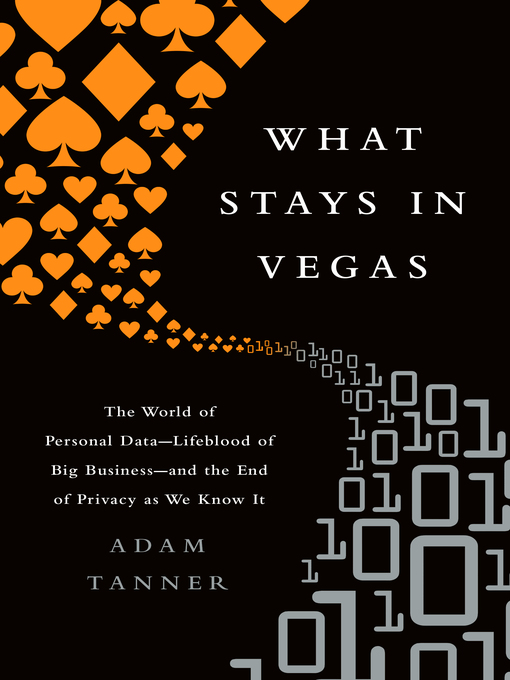- Lucky Day Collection
- Available now
- New eBook additions
- New kids additions
- New teen additions
- Most popular
- Try something different
- See all ebooks collections
- Inspirational Listens
- 2024 AudioFile Earphones Awards
- Listen While You Run: Audiobooks for Workouts
- Family Road Trip Listening
- New audiobook additions
- Available now
- Most Popular Adult Nonfiction Audiobooks
- Stuff You Missed in History Class - Listen Alikes
- Audiobooks with Diverse Narrators
- Narrative Nonfiction for Kids and Teens
- Kids' Audiobooks Around 1 Hour
- 2023 AudioFile Earphone Awards
- 2023 Audie Award Finalists
- See all audiobooks collections
- Popular Magazines - Now Available!
- Revistas
- News & Politics
- Just Added
- Healthy Living
- Most Popular
- Fashion
- See all magazines collections


